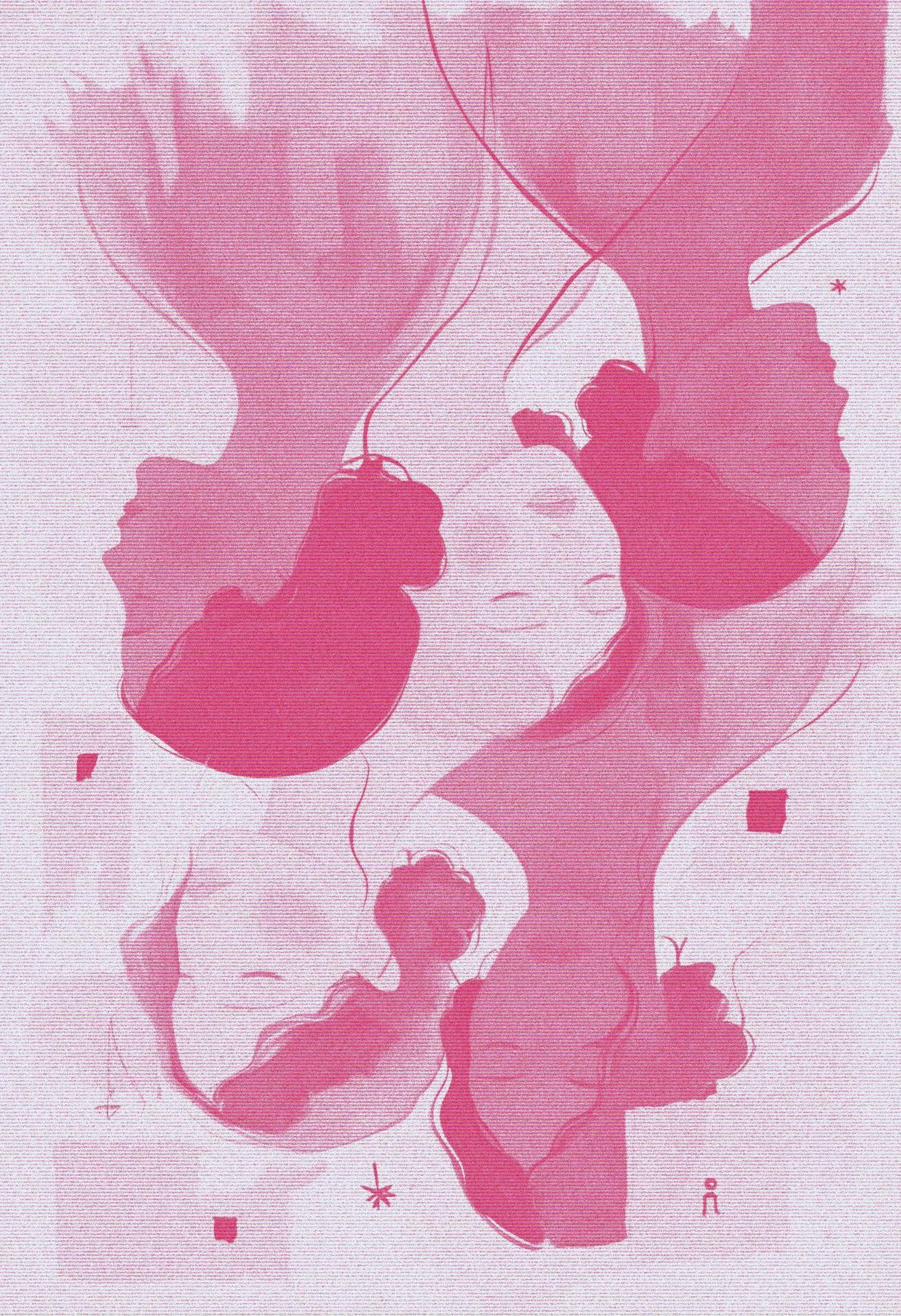

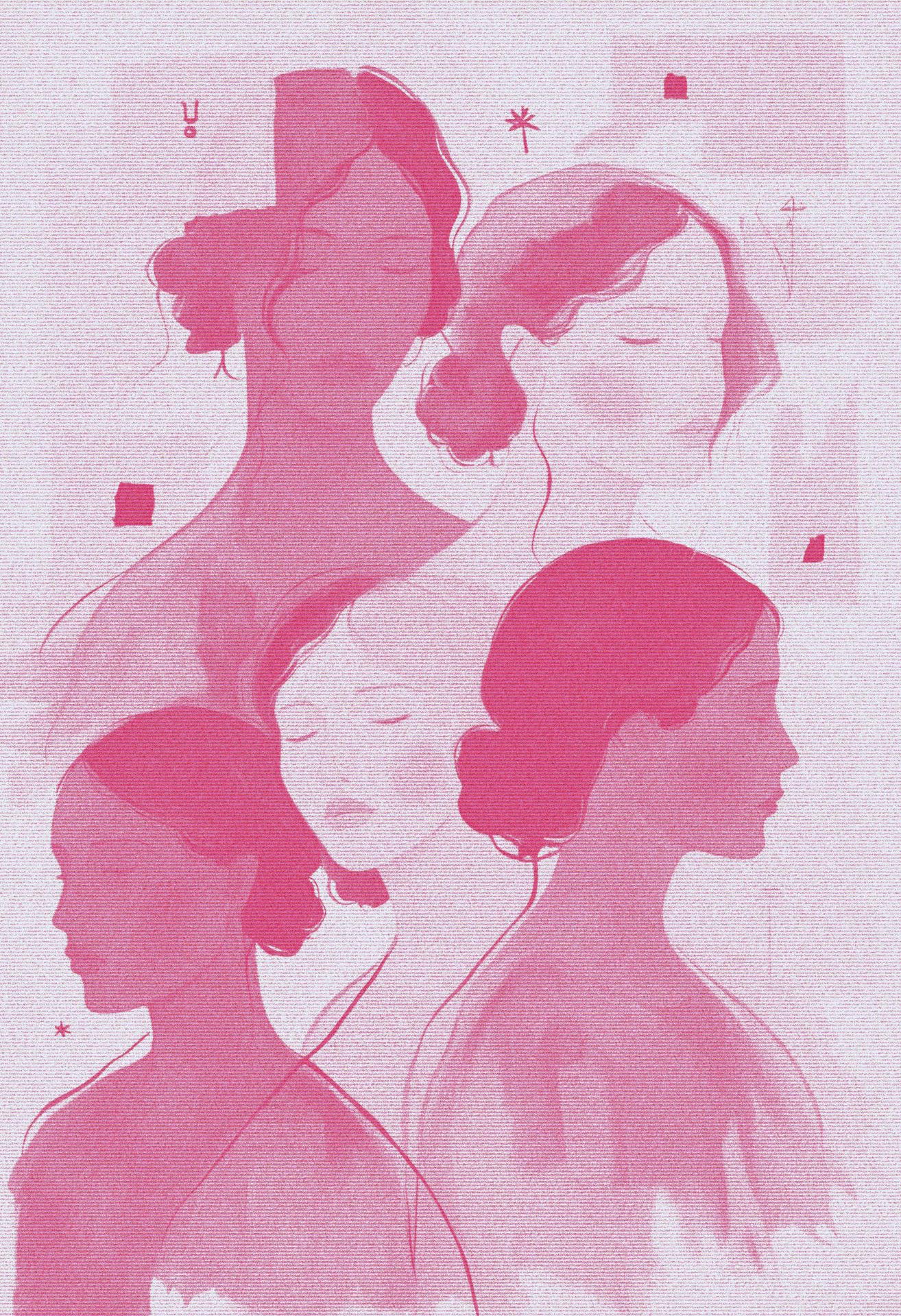
Women, Women, Power, and Power, and the 2025 the 2025 Elections Elections

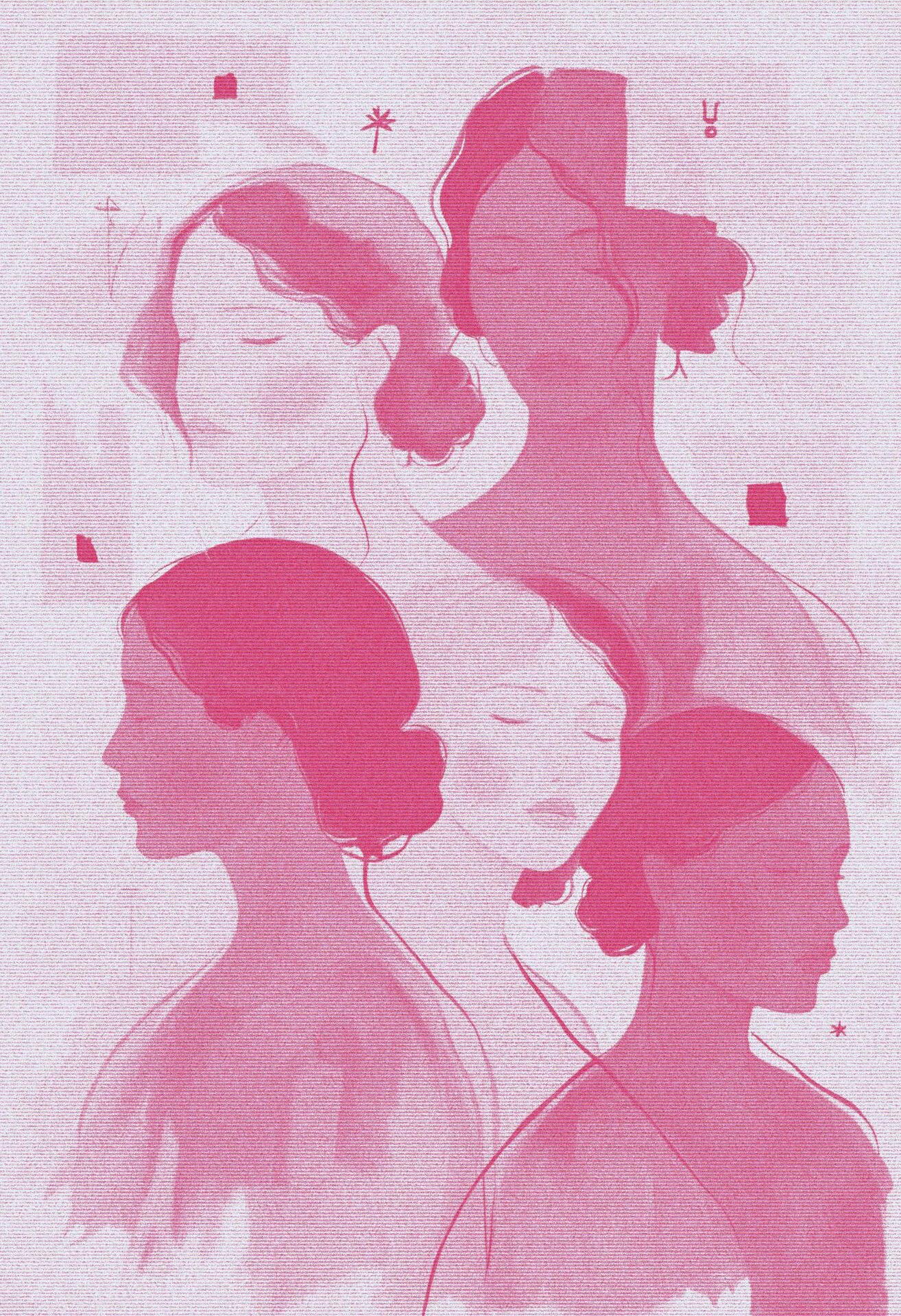









Women, Women, Power, and Power, and the 2025 the 2025 Elections Elections












by Zoexandra Andrea D. Enricuso by Zoexandra Andrea D. Enricuso
A woman in power isn’t always power for women
From campaign posters draped in pink to summits celebrating “women empowerment,” Filipina politicians are often paraded as proof that the country is making strides in gender equality. But scratch beneath the surface, and the picture becomes far more complicated. While women now occupy some of the highest offices in the land, from the Senate to the vice presidency, the lived realities of many Filipinas tell a different story one where power is present, but justice remains out of reach
More than just a face in power
The ascent of women to prominent political positions in the Philippines has often been cited as evidence of gender progressiveness in the country. From the international stage, the Philippines has frequently ranked high in global gender gap reports, largely due to women's representation in politics However, scholars argue that this metric alone fails to capture the deeper inequalities at play.
Political analyst Dr Jean Encinas-Franco of the University of the Philippines puts it simply: “What we’re seeing is descriptive representation women holding office but we lack substantive representation, which is when elected women genuinely champion the interests of their gender ”
That difference between being a woman in power and using that power to change lives matters deeply.
Cynthia Villar, for instance, presents a model of female leadership rooted in economic development initiatives Her initiatives, such as the establishment of the Villar Social Institute for Poverty Alleviation and Governance (SIPAG) centers, aim to provide skills training and support for microentrepreneurs
However, activists argue that these initiatives often serve as short-term solutions rather than addressing the root causes of poverty and inequality, such as unequal land distribution, exploitative labor practices, and weak labor protections Furthermore, her ties to large agribusinesses complicate her image as an advocate for women, particularly small-scale women farmers who face increasing economic precarity.





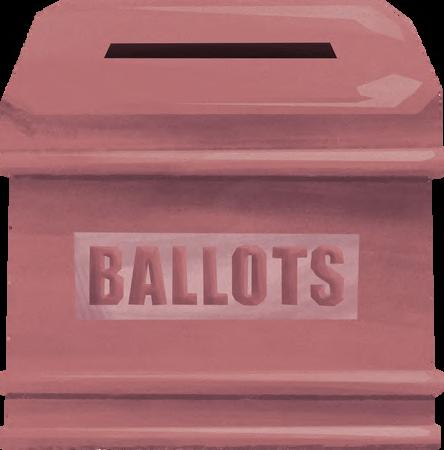






by Meyr Gaviola by Meyr Gaviola
“Sit still,” they say.
“Look pretty ” “Pucker up.”
Women especially young women are raised with these silent instructions sewn into the seams of our socialization. They tell us not to speak too loudly, not to challenge authority, not to embarrass ourselves by knowing too much. Especially not in politics.
But the world is changing, and pretty girls are no longer just listening. They’re answering back
Sit still. They teach us that real power is quiet, that femininity is best expressed in silence. To raise our voices is to risk being seen as shrill, aggressive, or out of place. But silence doesn’t protect us, it only makes us easier to ignore And in a country where misogyny is normalized from the barangay hall to the presidential palace, stillness is not safety; it’s submission.
Yet in the Philippines, as in much of the world, women who speak up are punished, not praised When actress Andrea Brillantes voiced her support for former Vice President Leni Robredo during the 2022 elections, she was mocked for being “too young” and “too emotional ”
Entire threads criticized her makeup and outfit, reducing her political views to a performance.
Critics didn't attack her arguments They attacked her gender.
The same happened to Frankie Pangilinan, daughter of Senator Kiko Pangilinan and megastar Sharon Cuneta. In 2020, after speaking out on Twitter against rape culture and the victim-blaming remarks of broadcaster Ben Tulfo, she was flooded with slutshaming comments and death threats
“Sorry pero hindi ka maganda,” one tweet said, echoing the same tired weaponization of beauty standards
Pangilinan clapped back with clarity: “This is the reality for many women who speak out.”
Look pretty They say beauty is power, but only if it plays by the rules of being soft, silent, and submissive A woman’s appearance can open doors, but the moment she uses that spotlight to speak truth or challenge power, she becomes a threat. Her presence must only be ornamental.
And in politics, that presence is policed. A 2023 report by UN Women and the Inter-Parliamentary Union found that 82% of women politicians worldwide have experienced psychological violence, including sexist

remarks, threats, and harassment. In the Philippines, female journalists like Maria Ressa face not only legal attacks but also daily misogynistic abuse online.
For women, entering discourse, especially political discourse, is to walk into fire
Pucker up. Because in the eyes of many, a woman’s mouth is for smiling, not speaking. The act of speaking, demanding, declaring, or denouncing is still seen as a kind of rebellion But for today’s generation of women, speaking up is survival. Whether on TikTok, Twitter, or protest marches, women are refusing to stay quiet. We’re not here to pucker up for approval. We’re here to bite back
In a world that tries to define pretty, pretty girls, she refuses to fit into the boxes others have drawn. She sits still as an image of poise and quiet strength, and her elegance is a shield against the storm. She looks pretty, a reflection of the power she holds within the grace that the expectations of others cannot diminish. And when she puckers up, it is not for validation or approval but as a reminder that her power, confidence, and voice are hers to command






This is the new definition of beauty: an unstoppable force, a woman who understands that true strength lies in being unapologetically herself The world may try to silence her, but she will always rise, stronger, fiercer, and more radiant than ever
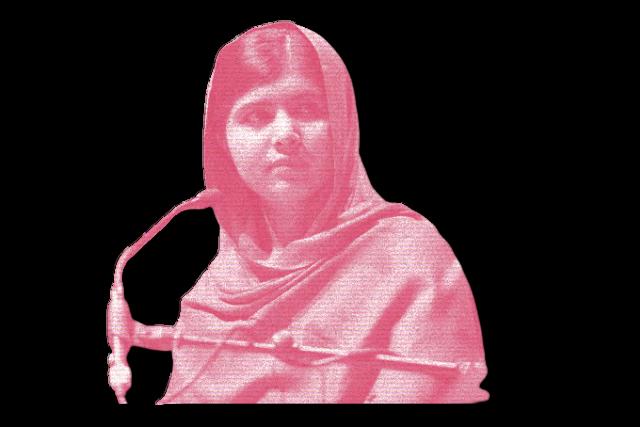





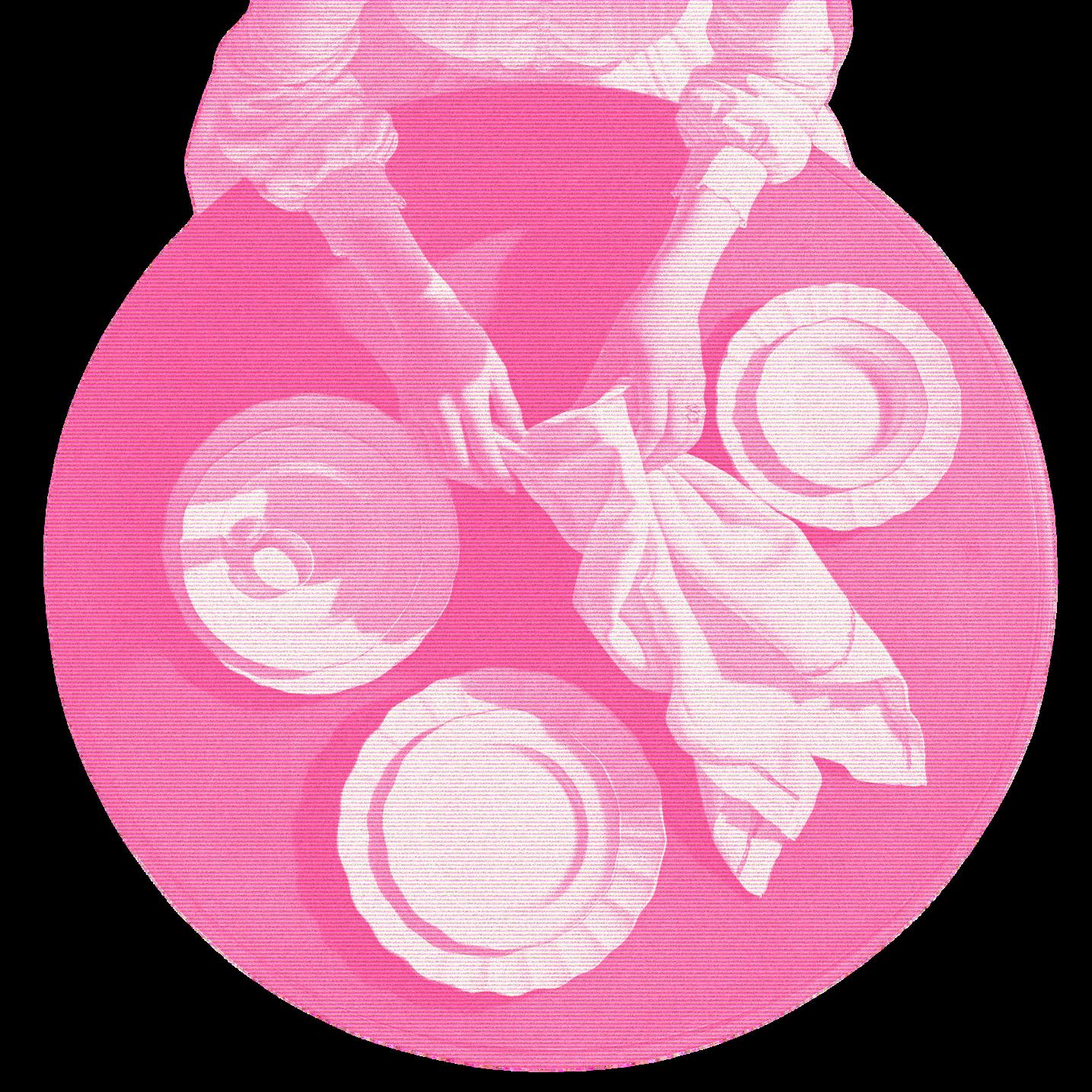
by Toni Delima by Toni Delima
In our household, Nanay leads with type A consistency and an iron fist.
Just a few hours before daylight, she is already up and about- preparing packed lunches and breakfast for the 5 people in our family The meals prepared are rich in carbohydrates, usually with a combination of rice, boiled eggs, garnishing, and meat of her own choosing It’s better to stock those up earlier as now, she would frequently say. Then comes the deep cleaning-mopping and sweeping the floors, leaving no speck of dirt behind 6 ‘o clock, she does Zumba for thirty minutes and feeds the dogs afterwards. By the time the rooster cawks and we struggle to get out of our beds, she is already sat down by the sala - answering emails in her primped up curls and signature red lipstick. This is her rinse and repeat.
Ate Ly, Bebeng, and Chit take after ‘nay a lot. All achievers in their own right, they channel our mother’s self-discipline in their own fields Ly being the eldest, often takes up the most responsibility out of us four siblings. On top of being a newly certified accountant, she also keeps the family budget in check-ensuring that all bills are paid on time, receipts are kept, and expenses are carefully liquidated. Bebeng is the most street-smart and argumentative She bites the ear off of vendors and sikad drivers who try to rip us off. On the other hand, Chit is our family’s emotional glue. Ever wise and sagely, she always knows the right things at the right moments.
“Good morning, Nay!”, we greeted her in unison She laughs at our synchronicity, then we proceed with our breakfast badgering. Bebeng begins the roundtable.
“This guy from work pissed me off today. He made me do all the heavy work, and he got all of the credit ” She pouts as she shoves salad in her throat “You should give them a piece of your pie, langga. You’ve never been one to back out of a fight,” Nanay nudges
My mother’s self-assuredness is contagious, but not infallible There are a lot of things that make her falter. In the upper cubicle of her bedside table, you’ll find a surplus of empty concealer tubes haphazardly decked above i t f h standing beside a man on her wedding day.
After breakfast and on my way to school, Mama stopped me in m

“Don’t forget your baon, iha ” She hands me my lunchbox “Waaah, thank you nay! I would’ve starved.” Before I could leave, she gently cupped my face. “Dios Mio, you’ve grown a lot.”
She never tells me, but we all know, really Among the three of us siblings, I'm Tatay's splitting image. In our household, there are a few things that we leave unsaid, and among them is the mere mention of that man’s looming presence.
Five years ago, we were sweltering in a cramped, run-down apartment with a busted AC. Every morning, Nay would have screaming fits with the resident manager because we’d be months behind on the lease
Tay was barely at home, and when he was, he’d arrive with his sando all tattered up with a foot missing a slipper. He insisted on paying all the time, but had nothing to show All the money that was supposed to be pooled for the rent was wasted on cockfights and cheap brandy
There was no loving fondness in the way they spoke. Only angry spats that would quickly turn messy on both sides Tatay would attack everything about Nanay: the thick accent in which she spoke, how unladylike the flabs in her arms are, how she had no business talking like that when she’s beyond her prime. My mother returned his verbal lacerations with tight-lipped politeness, trying to temper his husband’s short fuse
One particular night, her restlessness plateaued. She was running dirty dishes in soapy water, her energy completely depleted from having mopped the floors after an exhausting graveyard shift My father arrived from his construction job, staining the floors with grime and soot
A fury eclipsed my mother that she could not hold her tongue any longer. “PUNYETA KA!” The dishes clanked loudly after she smashed them from the dish top

She did not know precisely what it was that made her so angry. Was it because she no longer recognized the man she agreed to marry? How was he replaced by some deadbeat who couldn’t do something as simple as washing his feet after work? How did she have to shell out a huge part of her own money on food because welfare couldn’t cut it?
Whatever the reason it was, she knew she had made a de haunt her for the rest of her life.



Gado by Joanna Del Gado
It is often said, ‘diamonds are a girl's best friend,’ as if a woman, too, gleams only when owned. A gem passed down from hand to hand; Tendered with love, packaged with a promise
Grown to gleam in daylight’s grace, she is dimmed by hands who seek to hold her in place; Like a chisel carving out the flame, society whispers, sanding her into silence
Her light moves to a rhythm, soft yet unshaken, but is dulled by the weight of what is expected Pulled down by the pressure of staying whole, she bears the burden of unspoken expectations
They praise her worth in practiced tones, yet lock her out of doors where decisions are made They parade her sparkle when it suits them, then leave her buried when it does not.
She is auctioned in marriage, measured in labor, judged by how much she endures They call her unbreakable, but use that to justify the breaking.
Yet, she remains. Not flawless, as no stone is, But still here, cut by history, carving her way through the seams.


by Joanna Del Gado by Joanna Del Gado
Gentle is the curve that lies beneath my skin, whispering in rhythms only I can hear Like a secret lullaby passed down through generations of women who were never allowed to rest
Heavy is the heart that skips to your beat, growing not just life, but a protest of hope and fear.
Your pulse beating lends me courage Each breath I take grows heavier, like headlines folding over one another, names of girls who never got to grow old
The weight of my choices roaring louder. Torn between the truths of a world, that sharpens its knives on women who dare to dream
I dream of a time far kinder than mine: where nights are not drowned in doubts, where waves do not clash nor pull us under, like red-tagged voices in the crowd,
like daughters stolen by silence, like classrooms emptied of questions, where the tides at last move in our favor
May you wake in a world that is liberated, free from the barbed wire of the patriarchy; where your worth is not weighed in obedience, But wherein your power is yours to define
Not granted, not begged for, but carried like the name I would have given you.
Let your feet find ground that does not shake; where you don’t have to beg to be heard, nor carve yourself thinner to be seen, nor soften your voice just to survive
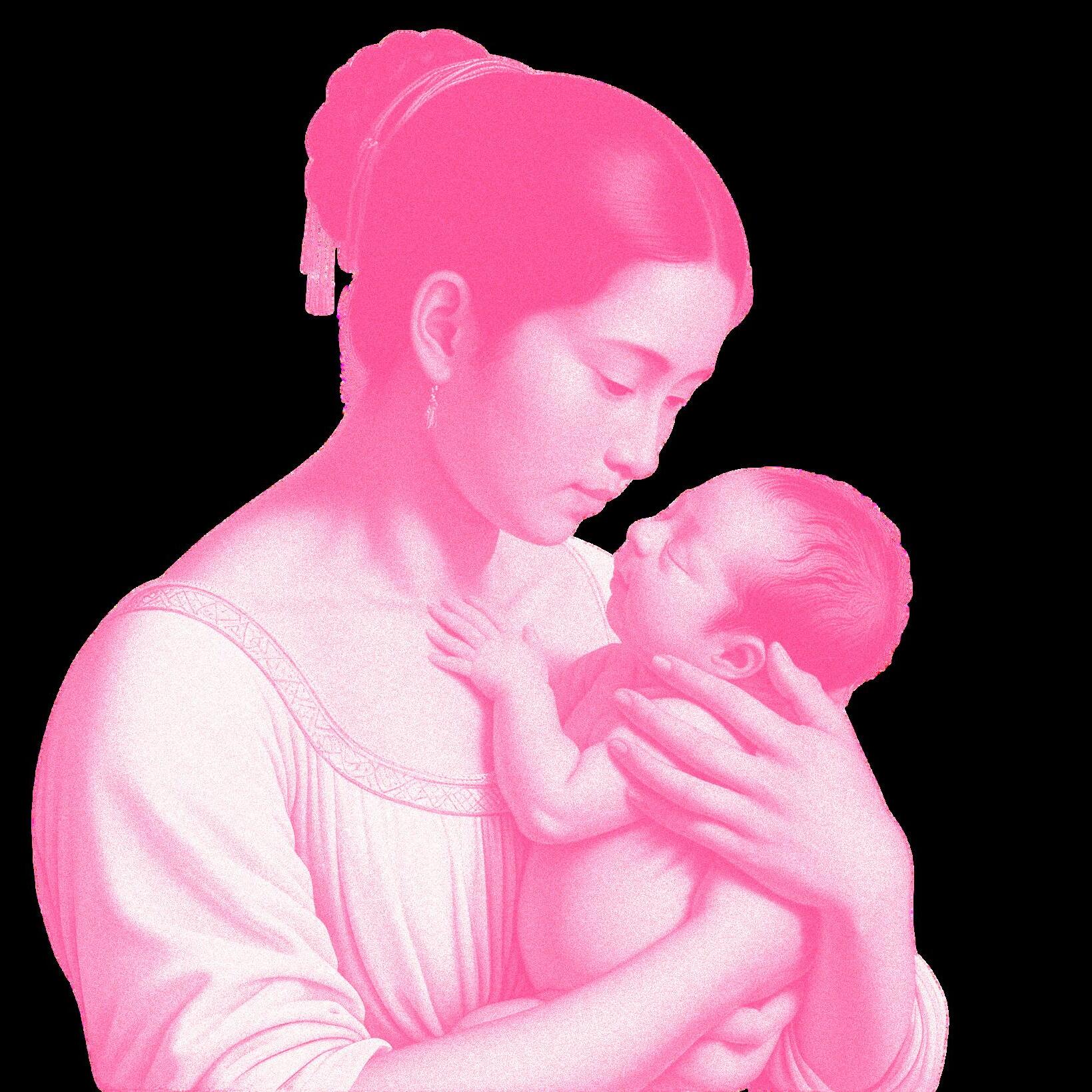
But a place where you can fully exist, where your anger is holy, And simply, happily be

by Christine Bustamante by Christine Bustamante
my mother is cooking rice, and the steam clings to her face like silence she says we shouldn't meddle in politics, as if apathy were a kind of holiness.
meanwhile, on the screens, a storm of shouting mouths yell: red-tag them, rape them, kill them. they defend the names we buried with our rage.
once, i thought girlhood meant softness, doing my makeup in front of the mirror, trusting the world would hold me if i stayed good, stayed small, stayed still.
but how do you stay still when the country keeps shaking you? when truth feels like a scream and all they want is your whisper?
they say women are too emotional but what is emotion if not our bodies testifying that something inside us still lives and it’s trying to warn us?
elections are coming and again, they cheer and cast their votes for those who once authored our ruin and with their shovels, they blame us for the grave.



Clouds hovered and left The heat bore down What had sprouted began to wilt No irrigation followed No trucks came to deliver the second batch of supplies The politician’s office stopped responding. The text hotline listed in the pamphlet went unanswered.
Weeks turned to months as the crops withered. Others, disheartened, left behind their fields. Some women left for Davao, Tagum, or Manila, taking cleaning jobs or housekeeping
Others stayed behind, clinging to borrowed land and borrowed hope. They joined seminars that turned out to be recruitment drives, enrolled in trainings that led nowhere Each time, they wrote their names on forms Each time, they were promised follow-up. Each time, nothing came. The seeds remained buried in the soil, small, forgotten promises that would never bloom.
The government spoke of support, of programs, of rain Yet, when it came time to deliver, the words faded into the distance, like echoes in a dry desert. The farmers, their spirits weathered by unkept promises, returned to their work, but it was no longer the work of hope It was the work of survival
By the following year, weeds overtook the plots. Tools rusted under makeshift shelters The tarpaulin bearing the politician’s face had peeled halfway off the barangay wall, his grin warped by sun and time. No one bothered to replace it.
Then came another caravan
Another man, a different name. Same sacks of rice. Same speech, nearly word for word. “Nakita namo ang inyong kahago,” he said. The women were asked to gather again, pose for photos again, clap on cue again. Some did. Others stayed in their homes, the weariness of too many unkept promises settling into their bones
Elections would come again
Another man would arrive with another promise printed on plastic. Another photo op would be staged on soil that remembered better than any politician.
And their land would be just another wilted field in a nation of broken dreams





by Rena Christine
In a machismo system where women have been routinely forced to take the backseat in the sway of politics, the sight of heels standing beside polished oxfords is often hailed as a symbol of both hope and empowerment.

Womankind has come a long way in exercising their right to suffrage, and they’re already occupying seats in Congress. Since 1947, 23 Filipino women have served positions in the Senate, while two have ascended to full-blown presidency Despite these perceived developments, the current electoral body is littered with people who share the same last names, the women among them being no exception While they lounge around in their ivory towers, the plights of women below them fall on deaf ears. As the 2025 midterm elections loom around the corner, one cannot help but ask: what power do women truly hold when they punch in their ballots? In a country where women’s rights are often worn as costumes during campaigns, representation alone is not liberation
In the 2022 Philippine elections, women accounted for 52% of registered voters over 33 million individuals However, this majority has not translated into proportional representation. Women hold only 28% of seats in the House of Representatives and
30.4% in the Senate, while just below 30% of elected officials across all levels are women The disparity is even more severe in executive positions, where decisions directly impacting national policy are made. Women may be more visible in politics today, but visibility without genuine agency is a mirage
Worse, the rise of women in politics has not necessarily meant a rise in feminist politics A policy paper by UP Center for Integrative and Development Studies (UP CIDS) reveals that many women who do attain office do so through political dynasties, not grassroots mobilization In these cases, women serve not as challengers to elite rule, but as heirs to it, merely reproducing the same policies that oppress poor and working-class Filipinos Their gender becomes a branding tool rather than a basis for feminist leadership Even as the number of elected women has grown, the quality and impact of their participation remain questionable The Center for Women’s Resources (CWR) recorded an 8 47% increase in women elected between 2016 and 2022, yet the bulk of these gains only benefited those with money, family ties, and machinery
Take, for instance, the MarcosDuterte tandem. Imee Marcos advertises her candidacy as an act of moral courage and public
accountability, all while backing up infamous bills such as RA 11079 or the Anti-Terrorism Act of 2020, a law that has been used to justify militarization, surveillance, and widespread rights violations, especially against women in indigenous and peasant communities


Similarly, Sara Duterte may very well go down as the first vice president impeached in Philippine history after 240 lawmakers consolidated complaints on funds misuse, ill-gotten wealth, alleged murder plots, and betrayal of public trust. Yet her political ascent was paved by the same machine that crushes dissent and silences the working class
Indeed, 64.8% of women elected to the House in 2022 came from dynastic families And as long as elections remain monopolized by the wealthy and well-connected, it will not be the poor, the rural, or the resisting woman who rises to power It will be her landlord, her boss, her patroness
Beyond the surface of underrepresentation lies the violent truth that women who dare challenge the system are punished for it Progressives and grassroots women leaders, from Lumad educators to peasant organizers, are routinely silenced through redtagging, harassment, or even


Copyright © 2025 by The Nightingale
Copyright © 2025 by The Nightingale

